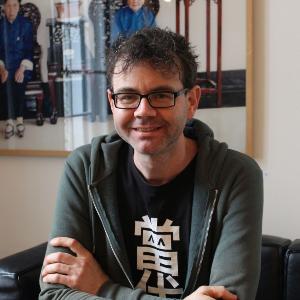Roger Wesson, Ph.D.
Previous Visiting Fellow
University College London
Astrophysics

Previous Visiting Fellow
University College London
Astrophysics

Roger Wesson is a postdoctoral researcher in the Department of Physics and Astronomy at University College London (UCL).
He studied astrophysics at UCL, where he completed his doctorate in 2004. He stayed there for five more years, from 2006 to 2011, as a postdoctoral fellow, before spending four years at the European Southern Observatory in Chile. Here he supported science operations at Paranal. In 2016 he returned to UCL as a senior research fellow.
His research covers outflows from evolved stars, and what those outflows imply for galactic evolution and for the late stages of stellar evolution. Of particular interest is the formation and destruction of dust in expanding supernova remnants, and the abundances of chemical elements in planetary nebulae. He has developed codes for fast automated analyses of emission line spectra, which will be used in forthcoming large surveys. He hopes to develop the mocassin code, to enable it to scale efficiently to larger and more complex simulations, with planned applications to models of dust formation in interacting supernovae among other things.
Roger Wesson is a Visiting Fellow at CAS in November 2019 and is part of the CAS Research Group "The Ionisation Structure of Planet Forming Discs and their Atmospheres" of Prof. Dr. Barbara Ercolano. He will participate in the workshop "Planet Formation Witnesses and Probes: Transition Discs" on 18 and 19 November 2019.